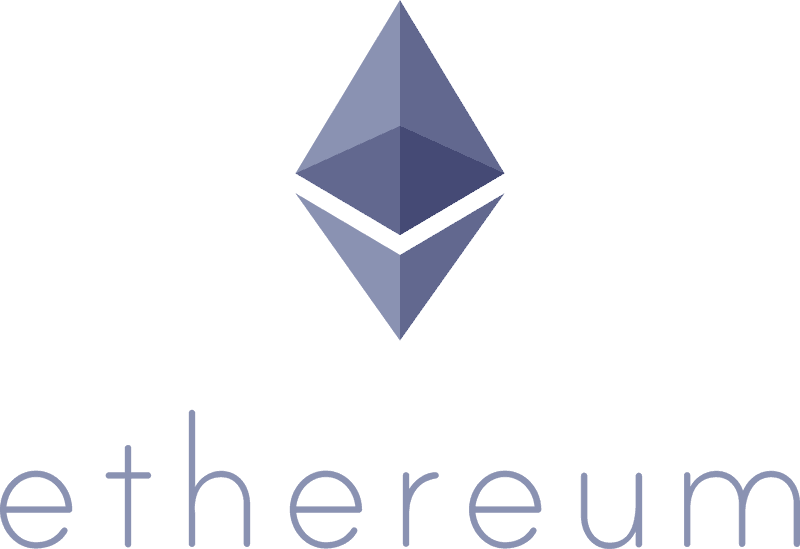Ethereum
by Vitalik Buterin
Quick Fact
Ethereum is the world’s leading smart contract platform, enabling decentralized applications (dApps) and programmable blockchain solutions through its native cryptocurrency, Ether (ETH).
Ethereum is a decentralized platform that introduced the concept of smart contracts, allowing developers to build decentralized applications (dApps) without the need for intermediaries. Launched in 2015, Ethereum has become the backbone of the decentralized finance (DeFi) ecosystem, non-fungible tokens (NFTs), and numerous decentralized projects. With its native cryptocurrency Ether (ETH), Ethereum facilitates peer-to-peer transactions, smart contract execution, and a range of blockchain-based innovations. Ethereum’s continuous development, particularly with the transition to Ethereum 2.0 and the shift to proof-of-stake (PoS), has enhanced its scalability, energy efficiency, and security, making it a cornerstone of the blockchain industry.
Smart Contracts and Decentralized Applications
Ethereum introduced smart contracts, self-executing contracts where the terms of the agreement are directly written into code. This innovation allows for decentralized applications (dApps) that can automate processes without intermediaries, providing endless possibilities for finance, gaming, identity, and beyond.
Ethereum 2.0 and Proof of Stake
With Ethereum 2.0, the platform is transitioning from proof-of-work (PoW) to proof-of-stake (PoS) consensus, reducing energy consumption and improving the network’s scalability and security. This upgrade is vital for handling more transactions and making the platform more sustainable.
DeFi and NFT Ecosystem
Ethereum is the foundation of decentralized finance (DeFi), enabling applications like decentralized exchanges (DEXs), lending platforms, and stablecoins. It also powers the explosion of non-fungible tokens (NFTs), which have revolutionized digital ownership of art, media, and assets.
